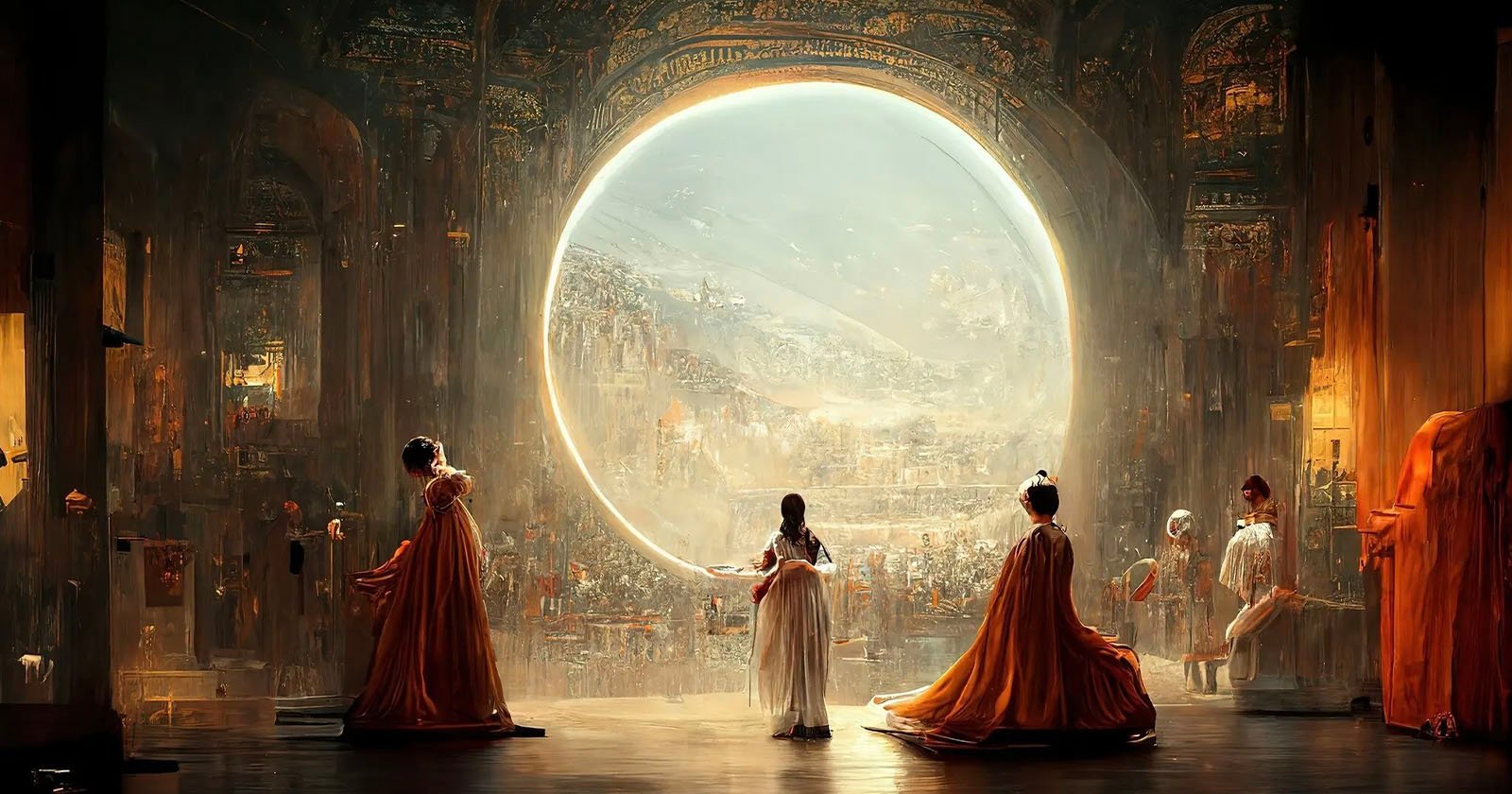An artist who infamously duped an art contest with an AI image is suing the U.S. Copyright Office over its refusal to register the image’s copyright.
In the lawsuit, Jason M. Allen asks a Colorado federal court to reverse the Copyright Office’s decision on his artwork Theatre D’opera Spatialbecause it was an expression of his creativity.
Reuters says the Copyright Office refused to comment on the case while Allen in a statement complains that the office’s decision “put me in a terrible position, with no recourse against others who are blatantly and repeatedly stealing my work.”



Copyright covers your creative expression.
For example, you draw a superhero named “LemmyMan” and post it online. All of your creative choices are protected. If someone made another LemmyMan with a different caption, they would be violating your copyright because you created everything about LemmyMan, not just the caption in your drawing.
Now suppose you take a photo of Mount Everest. Mount Everest is not your creation, but the choices of lighting, foreground, and perspective are. Someone could not copy your exact photo, but they could take a different photo of Mount Everest making different creative choices.
The same is true of taking a photo of work in the public domain, like the Mona Lisa. If you make no creative addition to the Mona Lisa in your photo, then you have no copyright at all. If you put some creativity into your photo, like some interesting lighting, then those creative elements are protected. But anyone else could still take a photo of the Mona Lisa with different lighting, the subject itself is not under copyright.
Now suppose you tell an AI, “Draw me a superhero”, and it outputs ChatMan. If you make no further creative additions, then you have no copyright at all. But suppose you add a caption to it. Then the caption is your creative expression, so that is protected. But the rest of ChatMan is not, it’s in the public domain just like the Mona Lisa. Anyone else can make their own version of ChatMan that’s exactly the same minus your caption, because the underlying subject is not protected.